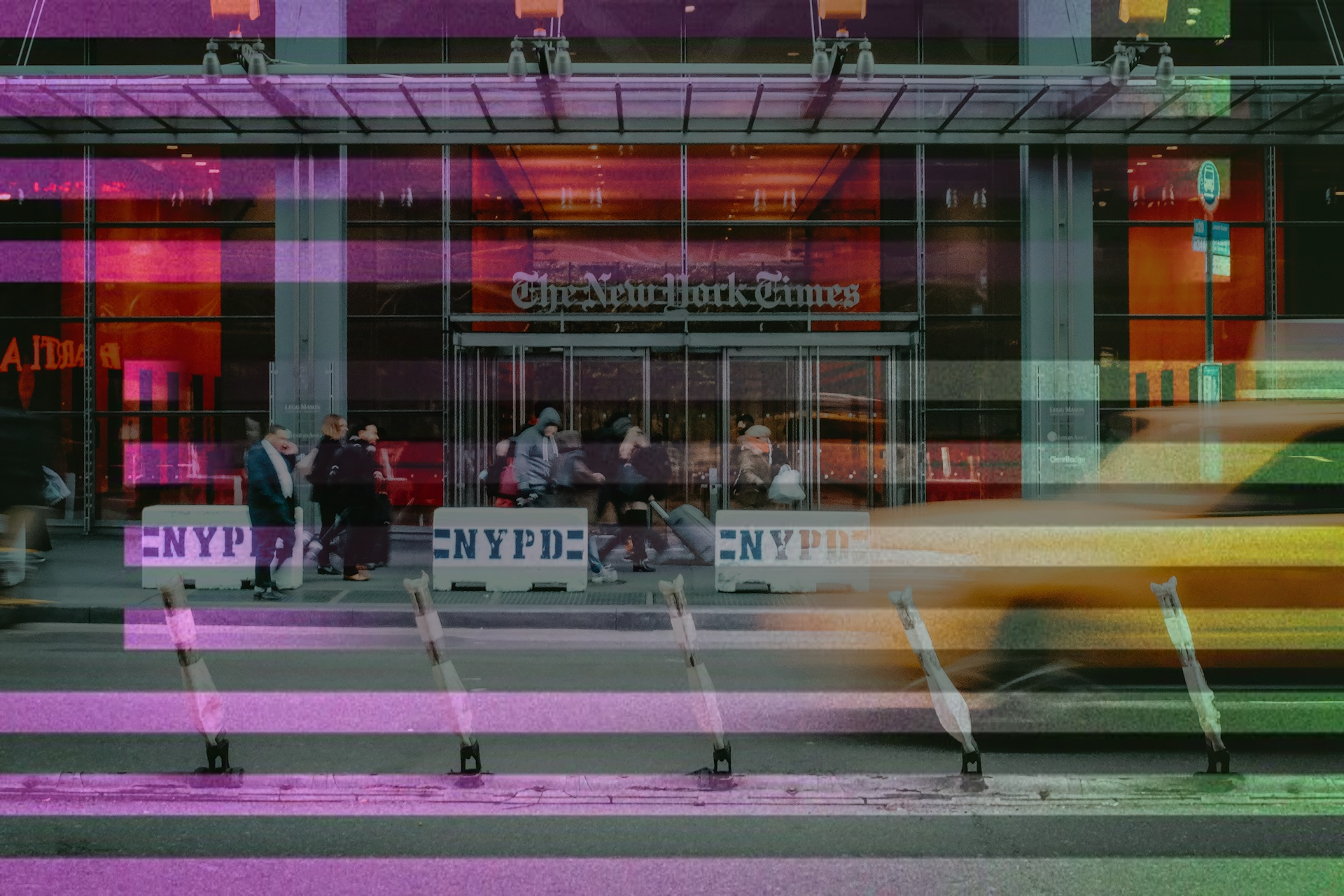New York Times rejects OpenAI's claim that it hacked its GPT models

Key Points
- The New York Times has denied OpenAI's accusation that it "hacked" the company's AI systems by hiring an outside person to reproduce the newspaper's content. The NYT claims it merely used the first few words or sentences of its articles as prompts.
- At the heart of the dispute, however, remains the NYT's accusation that OpenAI and Microsoft used millions of the paper's articles without permission to train their AI models. The NYT reiterates.
- OpenAI acknowledges the use, but defends it as transformative and legally permissible, claiming that the impact of the NYT articles on the AI models is minimal.
The New York Times has denied accusations by OpenAI that it "hacked" the company's AI systems.
The NYT is using copies of its articles generated with OpenAI models in court as evidence of OpenAI's alleged copyright infringement. OpenAI's response to these copies is that the NYT hired an outside person to manipulate its products to reproduce the newspaper's content. Normal use of ChatGPT would not produce such copies.
The newspaper called this claim "as irrelevant as it is false" in a court document. The newspaper had merely used the first few words or sentences of an NYT article as a prompt, it says.
The AI-generated copies of NYT articles are just a sideshow to the Times' lawsuit. More importantly, the NYT is accusing Microsoft and OpenAI of using millions of its articles to train AI models without its permission. The Times highlights this fact in a recent court document, according to Reuters.
"OpenAI's true grievance is not about how The Times conducted its investigation, but instead what that investigation exposed: that Defendants built their products by copying The Times's content on an unprecedented scale — a fact that OpenAI does not, and cannot, dispute," the Times said.
OpenAI acknowledged that it had used the NYT articles without permission, but argued that it was transformative and therefore fair use. Moreover, the contribution of the NYT articles to the success of the AI models was small, the AI company said.
Despite the claim that unauthorized use of web content for AI training is a transformative use, OpenAI and other AI companies such as Google and Apple are currently negotiating licensing agreements with select publishers.
This includes access to archive material for AI training on the one hand, and the distribution of current news in ChatGPT on the other. Paying for AI training material could be seen in court as a concession that the legal situation is at least a gray area.
The big AI companies may want to fend off further lawsuits in this way. OpenAI was also negotiating with the New York Times before it broke off talks and filed the lawsuit, which came as a surprise to OpenAI.
AI News Without the Hype – Curated by Humans
As a THE DECODER subscriber, you get ad-free reading, our weekly AI newsletter, the exclusive "AI Radar" Frontier Report 6× per year, access to comments, and our complete archive.
Subscribe now